Comrade Sung A Lenh, Deputy Head of the National Assembly Delegation of Lao Cai province, gave comments on the Law on Cultural Heritage (amended).

According to delegate Sung A Lenh, it is necessary to ensure consistency between the Law on Cultural Heritage and the Law on State Budget. The delegate cited Clause 1, Article 90 of the draft Law on Cultural Heritage, which stipulates: “The Cultural Heritage Conservation Fund is a non-budgetary state financial fund, established and operating in accordance with the provisions of law to support funding for a number of activities to protect and promote the value of cultural heritage that have not been invested in, supported or invested insufficiently by the state budget…”.
Next, Clause 3 and Clause 5, Article 90 of the draft Law on Cultural Heritage states: “The Cultural Heritage Conservation Fund has legal status and its own seal. The Central Cultural Heritage Conservation Fund is established by decision of the Minister of Culture, Sports and Tourism; the Local Cultural Heritage Conservation Fund is established by decision of the Chairman of the Provincial People's Committee.”

Meanwhile, the State Budget Law (2015) and Article 12 of Decree No. 163/2016 on Guidelines for the implementation of the State Budget Law do not stipulate the legal status of extra-budgetary state financial funds.
The delegate suggested that the Drafting Committee continue to review and clarify on the basis of practice, the legality and objectives of the Cultural Heritage Conservation Fund to ensure feasibility and consistency between other relevant laws and regulations.

Participating in the content of "Purchasing and bringing back to Vietnam relics and antiques of Vietnamese origin from abroad", delegate Sung A Lenh pointed out that the draft, Clause 5, Article 49 stipulates: "In case relics and antiques are identified by the Ministry of Culture, Sports and Tourism, and a plan is proposed for recovery and purchase from abroad, the Prime Minister decides on the recovery plan or uses the state budget to purchase and bring back to Vietnam, and relics and antiques are purchased by organizations and individuals and brought back to Vietnam for the purpose of preservation, display not for profit or donation to the State, they will enjoy preferential treatment on import tax, value added tax and other related taxes and fees".
Meanwhile, in Article 47 of the Constitution, tax-related issues must be regulated by law. Currently, import tax, value-added tax and other taxes are being regulated in specialized laws. Article 49 of the above draft Law does not clearly stipulate tax incentives for using the state budget to purchase and bring back to Vietnam and relics and antiques purchased by organizations and individuals and brought back to Vietnam for the purpose of preservation, display not for profit or donation to the State. Under which law, tax incentives are enjoyed? There should be specific references to ensure feasibility. In cases where incentives are different from tax laws, it is necessary to amend and supplement related content to create consistency and unity.

Next, delegate Sung A Lenh participated in drafting Article 93 of the draft Law on Cultural Heritage "On State management of cultural heritage", which includes regulations on the authority of State management of cultural heritage of the Ministry of Culture, Sports and Tourism, Ministry of Planning and Investment, Ministry of Finance, Ministry of Public Security, Ministry of National Defense, Ministry of Home Affairs, Ministry of Foreign Affairs, Ministry of Education and Training, Ministry of Construction...
According to Delegate Sung A Lenh, the draft Law stipulating the authority of the above ministries is not consistent with Clause 2, Article 39 of the Law on Organization of the Government, which states: "The Government shall specify the functions, tasks, powers and organizational structure of each ministry and ministerial-level agency". The Delegate requested the Drafting Committee to review, adjust and supplement to make it consistent between the two above laws.
The Deputy Head of the National Assembly Delegation of Lao Cai province also pointed out that Article 95 on "The National Cultural Heritage Council is an advisory body of the Prime Minister" is not consistent with Chapter VIII on state management.
The delegate also said that the provisions in the Law on the establishment of inter-sectoral organizations also need to be reviewed to ensure consistency with the content of Resolution 27-NQ/TW dated November 9, 2022 at the 6th Conference of the Party Central Committee on continuing to build and perfect the socialist rule-of-law state of Vietnam in the new period. In which, the Resolution clearly states: "Implement the principle that one task is assigned to only one agency to preside over and take primary responsibility, and relevant agencies coordinate to implement; gradually eliminate the inter-sectoral coordination mechanism, associated with clearly defining the responsibilities of the head".
Source


![[Photo] Prime Minister Pham Minh Chinh receives Swedish Minister of International Development Cooperation and Foreign Trade](https://vphoto.vietnam.vn/thumb/1200x675/vietnam/resource/IMAGE/2025/5/12/ae50d0bb57584fd1bbe1cd77d9ad6d97)


![[Photo] Prime Minister Pham Minh Chinh works with the Standing Committee of Thai Binh Provincial Party Committee](https://vphoto.vietnam.vn/thumb/1200x675/vietnam/resource/IMAGE/2025/5/12/f514ab990c544e05a446f77bba59c7d1)



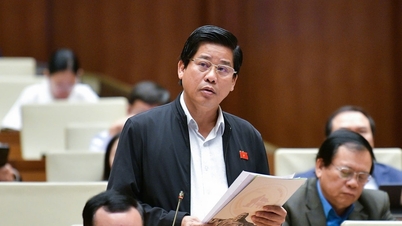

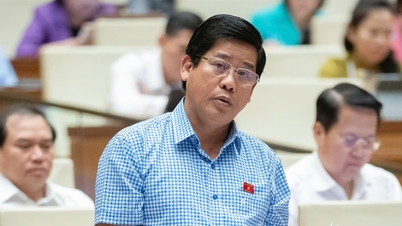


![[Infographic] New points in the 2025 high school graduation exam](https://vphoto.vietnam.vn/thumb/402x226/vietnam/resource/IMAGE/2025/5/13/f0cfdc8a459140189332d252cca0af7d)

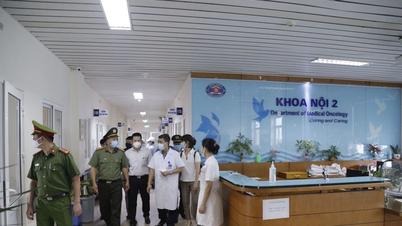







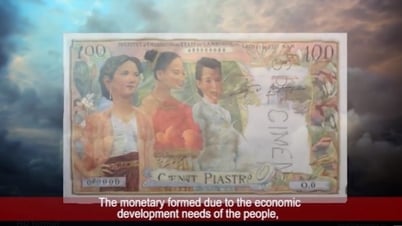



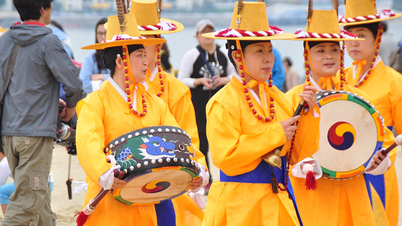
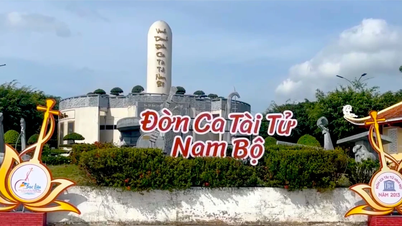











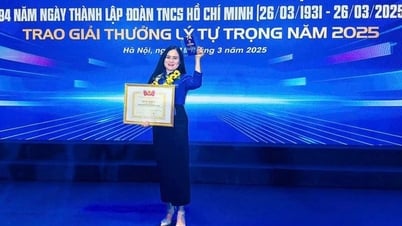
























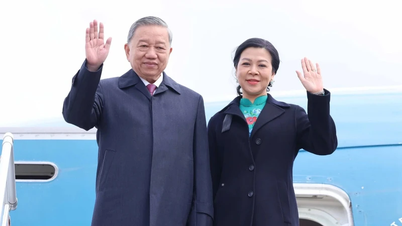
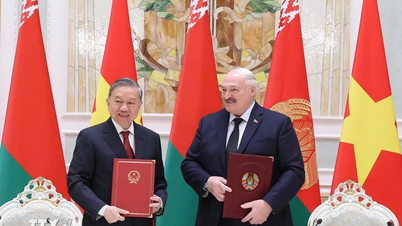

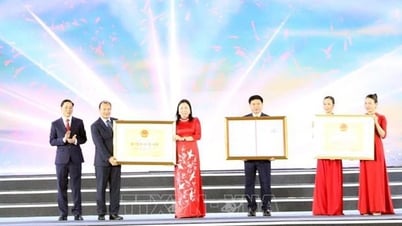

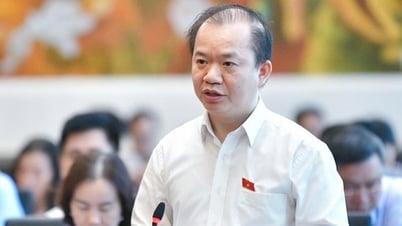
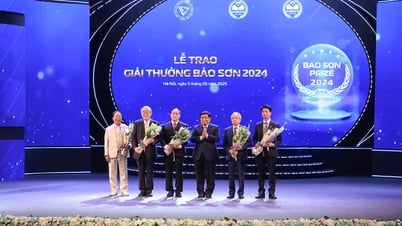






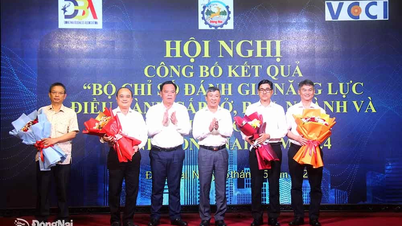



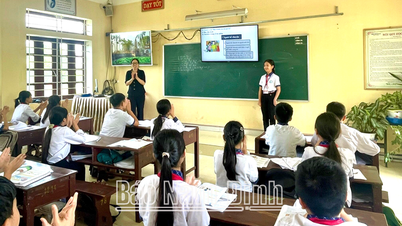

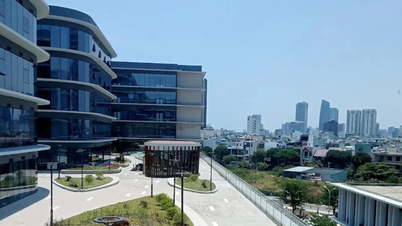












Comment (0)